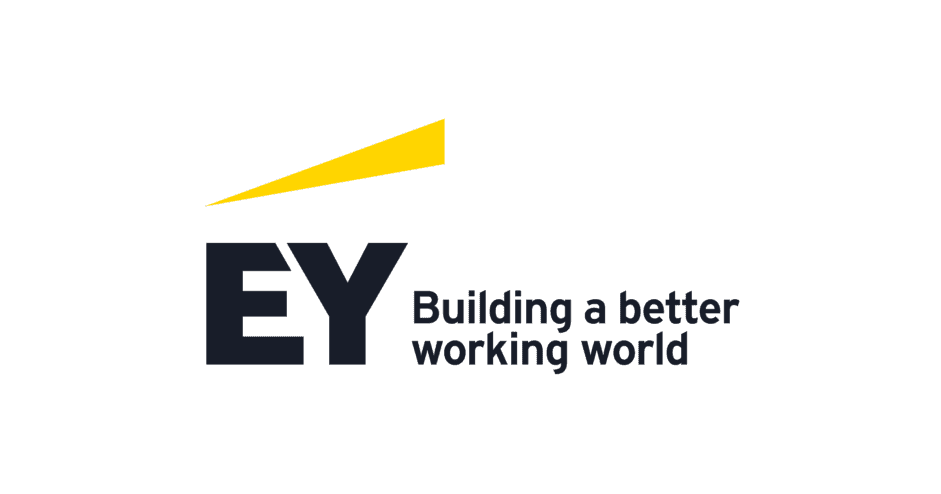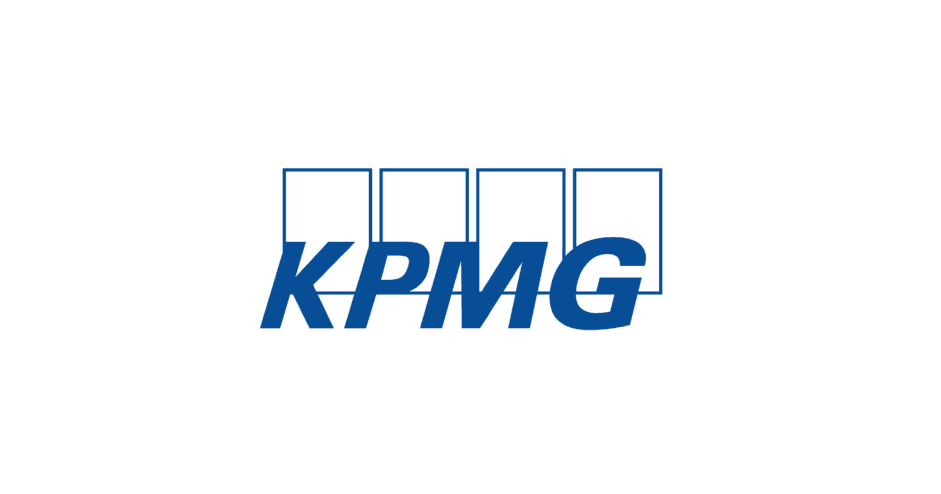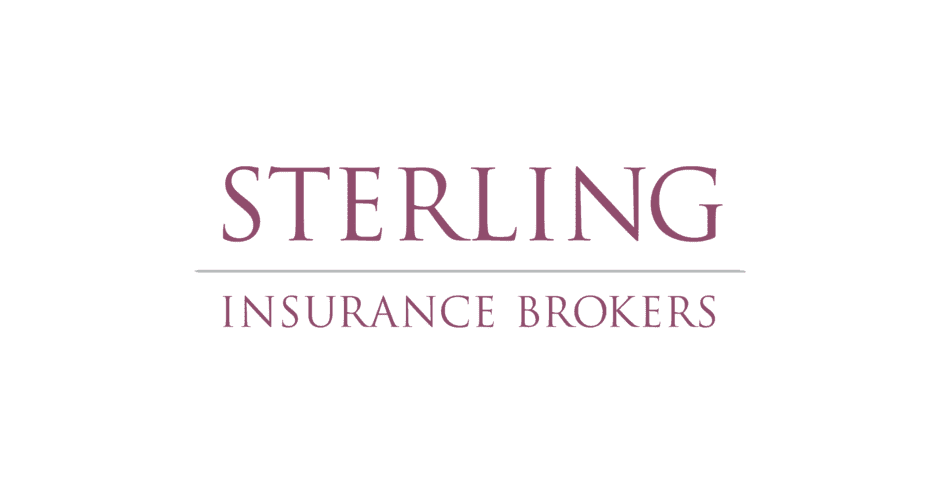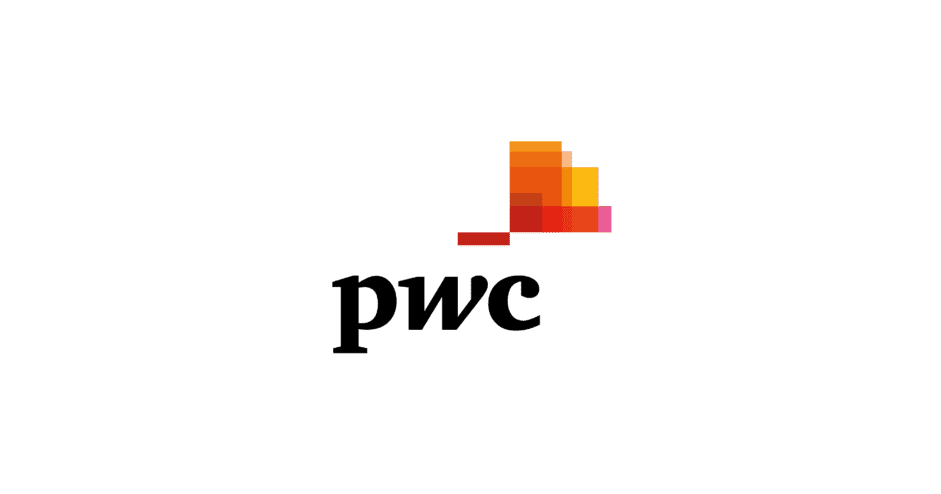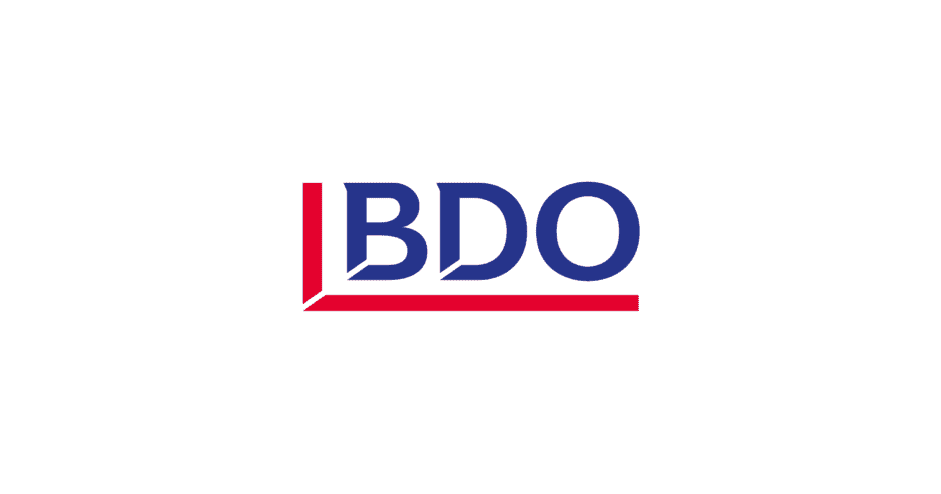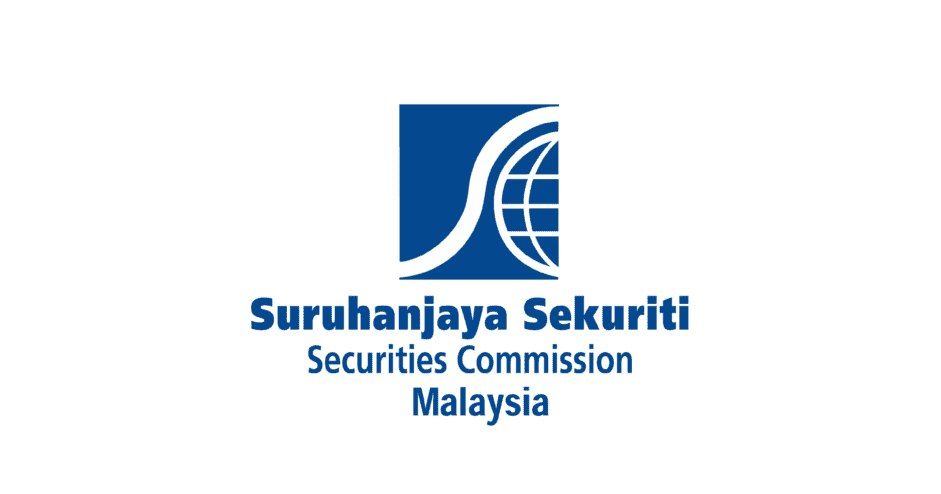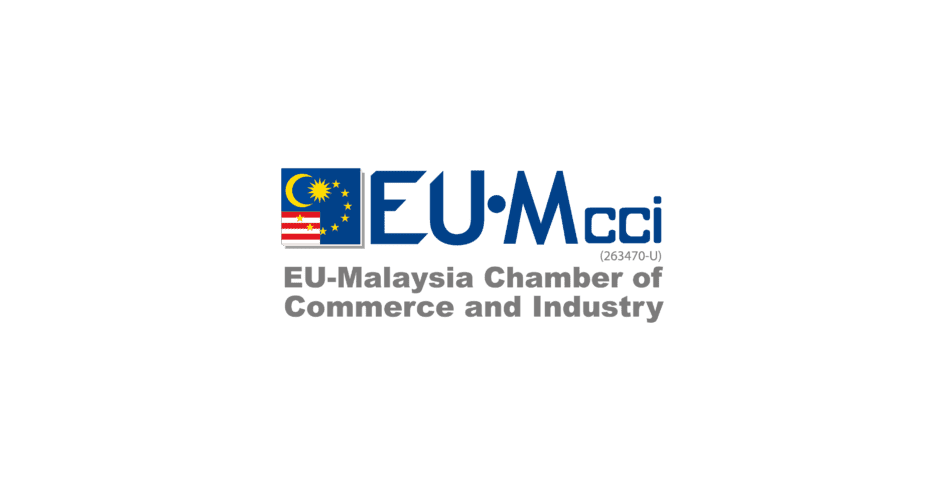Remember the subprime mortgage crisis in the US, which occurred from 2007 to 2010? That was when reckless money lending practices triggered a global systemic financial failure, leading to a recession and nearly nine million jobs lost.
Then there was the Enron scandal at the turn of the millennium, which caused 4,000 job losses and the demise of one of the largest accounting firms in the US, Arthur Andersen (for turning a blind eye to Enron’s improprieties). Some 82,000 of the firm’s employees lost their jobs.
On the home front, the authorities are still raking over the coals of those accused of playing a role in the 1Malaysia Development Bhd scandal, where billions of ringgit was siphoned out of the country’s sovereign wealth fund.
While there has been extensive debate on how these scandals could have been prevented, one aspect may have not garnered enough attention from the public: where were the whistle-blowers, who could have sounded the alarm and notified the regulators and the public?
Paul Russel Moore, best known as the Halifax Bank of Scotland (HBOS) whistle-blower following his dismissal from the bank in 2004, believes that all major wrongdoings can be identified by someone in the organisation before these become a major scandal. These people are usually involved in the company’s daily operations. “If you have a culture that speaks truth to power, you can prevent things like these from happening altogether,” he says.
The key, however, is to get their voices heard. Are they being encouraged to speak out? How would they be protected (and even compensated) if they were to speak out to their bosses and the public, and back up their assertions with facts and figures?
Moore, co-author of Crash Bank Wallop: The Inside Story of London’s Big Bang and a Financial Revolution that Changed the World, is one of the few people who has gone through the full whistle-blowing process. He says these questions, though basic, are essential as whistle-blowing could expose a person to a lot of risk and unwanted consequences.
”I would tell you this. If I had realized the consequences to myself and my previous company, I would not have had the courage to do so,” he tells Enterprise.
In 2003, more than a year after Moore joined HBOS, he was promoted to head of group regulatory risk. That was also the year when the Financial Services Authority (FSA), the agency that regulated the UK’s financial services industry from 2001 to 2013, made an inspection and performed a risk assessment on the bank.
HBOS was one of the world’s largest banks at that time, with more than 60,000 staff globally and a 30% share of the UK residential mortgage market. As a result, the FSA became concerned about its sales and marketing practices and imposed an additional capital requirement on the bank without making a public announcement. It also required the bank to conduct an investigation to ensure that the findings were accurate.
Moore, who had a good reputation with the FSA, volunteered to lead the investigation. “We did a detailed investigation and the evidence was unequivocal. No matter what products you were looking at, whether they were personal loans, corporate loans, sales of investment products and insurance, it did not matter. The risk was obvious,” he says.
”I went to the board and told the directors to look at the evidence. I said we needed to do something about it and the regulator was right. I recommended that we reconsider our strategy for sales growth to avoid adding more risk to our customers.”
The regulator lifted the additional capital requirement on the bank as it was satisfied with Moore’s report. The bank’s director and top executives also congratulated him on a job well done.
However, the next thing Moore knew, he was fired. In a meeting with then HBOS chief executive James Crosby, he was told that he was being made redundant.
”We refer to it as a ‘crash bank wallop’ moment. That was the title of my book. He [Crosby] said I had lost the confidence of key executives and non-executives at the bank. This was despite letting him know that I was going to ruffle some feathers when I took up the task,” says Moore.
The next moment, he found himself out on the street in tears. “It was tough for me. I had such a strong personality, but it was a total shock. I rang my wife and she said, ‘Don’t worry, Paul. That is part of God’s plan for your life’. She is a woman of a great faith,” he says.
Eventually, Moore sued HBOS for unfair dismissal and the bank settled his claim of more than £500,000 in 2005, according to online information. “I signed a gag order and they paid me off. I felt very bad about it because I was taking money [to stay quiet],” he says.
It was not until 2008 that Moore was able to reveal his findings to the media across the globe. That was also the year the global financial crisis sent shockwaves throughout the world’s financial system and HBOS was forces to merge with Lloyds Bank plc due to financial difficulties
Moore also engaged the UK’s Treasury Select Committee to share his evidence on how HBOS had taken on excessive risk. Following that, Crosby, who had been FSA deputy chairman since 2004, resigned. He was criticised for HBOS’ £10 billion in losses following its takeover by Lloyds.
In 2013, Crosby – who had been knighted for services to the financial industry in 2006 – offered to renounce his knighthood, saying he was deeply sorry for the disaster that unfolded at HBOS after he left the bank in 2006.
In 2008, Moore decided to breach the gag order to reveal what he knew about HBOS. Why did he not do so earlier?
Moore says the answer is not as straightforward as it may seem. First, he had family of five to feed – his wife and three children, aged 9, 11, and 13 at the time. On top of that, he did not know if he could trust the media with his story.
”I remember vividly when. I was in the chamber in London with a barrister and solicitor. They both told me, ‘Paul, you have a family. The media will not listen to you. They will not publish what you tell them and nothing will happen. It will only make life worse for you and your family’,” he says.
In December 2007, Moore got in touch with a journalist he was familiar with, intending to disclose what he knew, but to no avail. “he was a news correspondent with a reputable media agency and he did not believe me. He thought. I was mad. I knew him and he knew me. So, if even he did note believe me, who would?” he says.
It was only when the global financial crisis erupted and HBOS collapsed that the press was finally willing to listen to what Moore had to say. “I can assure you that at HBOS, 95% of them knew I was right. I once rang up the chief executive of the bank’s insurance division and asked what he thought of Crosby’s decision to fire me. He said it was unconscionable,” he recalls.
”Another director sent me a letter saying that I had done a fantastic job and he knew why I was fired. He felt sorry for me. This was conclusive evidence that there were people on my side, but it did not make any difference in the end.”
The public always wants a whistle-blower to speak the truth, but they are also afraid of such a person, Moore points out. “Society is schizophrenic about whistle-blowers. On the one hand, they want you to speak up and challenge wrongdoings. On the other, they do not want to get too close to you as it may affect their career prospects. They do not want to be tarred with the same brush.”
In fact, since he went public, he has not received any job offers. Fortunately, he was able to invest the money he had saved while working and his investments are generating enough income to tide him over.
”I went through a lot of mental health problems. On the other hand, I was transformed by these troubles. I live a much simpler life today. I live in a much smaller house, driving a Volvo with 230,000 miles on it that still goes perfectly,” says Moore.
”I say I am retarded … I mean retired. I love doing speeches nowadays and am trying to do as many as possible. I like to conduct training as well and provide feedback to policymakers when I can. But I Do it for nothing. I also write papers ad talk to politicians. Other than that, I ride my electric bicycle. I do run-walking and go hand-gliding. And I relax.”
Based on his experience, Moore made several recommendations to governments interested in encouraging the act of whistle-blowing among its citizens.
He suggests that matters related to the risk and control function of large corporations, that is, the process and procedures that regulate, guide and protect an organisation, should be reported to non-executive directors rather than executive directors. The former should also maintain the anonymity of whistle-blowers and take further action on the information they receive.
By doing so, whistle-blowers would not run the risk of being fired by executive directors the way Moore was. And if an executive director finds out who the whistle-blowers are and intends to dismiss them unfairly, he could be penalized financially. The executive director in question could also be reviewed to see if he was fit and proper to carry out the duties of a director.
Moore says whistle-blowers should receive mandatory legal assistance when doing tasks such as filing an injunction against a specific target. “For instance, if a whistle-blower has been fired, he should be able to ring up a lawyer, who can then apply to the court for an injunction to stop the dismissal pending an investigation.”
He adds that there should be a compensation system that provides financial assistance to whistle-blowers. The amount of money they received should reflect the monetary damages they have had to bear in reality. “If you think about it, a whistle-blower is an unpaid officer of the rule of law.”
“Large corporations can set up a whistle-blower hotline internally so that employees are able to report major wrongdoings to a trustworthy party. However, such a solution will not work in a company that does not have a good corporate culture.
Moore suggests that the government set up an “Office of the Whistle-blower” that stands separate from the other regulators. It should be independent of government influence as well. Members of the office should publish reports and educate people on what they need to do and what kind of assistance they could get if they are prepared to blow the whistle on their organisation’s wrondoings.
”Anybody, anywhere, who wants to talk to them about potential illegality in a corporation, can have direct legal access to them without breaching any of their confidentiality agreements. They can meet them and the office should be populated by experts, including those who have gone through the whistle-blowing process,” says Moore.
”These experts are people who can find ways to protect the anonymity of the whistle-blowers, identify their evidence to find out whether they are genuine or just somebody who holds a grudge against the organisation.
”You need to have these mechanisms. Imagine, when you are in a whistle-blowing situation, who would you go to for advice? It is tough to find the right person. You may be in the middle or lower part of the hierarchy of a company. Or, you do not have money to pay for a lawyer. You also do not have the legal knowledge of how to protect yourself. You want to go to somebody, but you cannot.”
He also suggests that the regulator let companies conduct an annual cultural review to see whether they have an open and transparent working culture. It is not just an employee survey as employees in companies with a bad culture do not think they are anonymous, he says.
”You would need experts, such as those in the field of anthropology, to get involved. The process does not have to be complicated and you can do it very quickly. When you manage to get one person to speak out, others will speak out too. It is like a forest fire. This is one thing the regulators have not done,” says Moore.
Some people are concerned about whether a whistle-blower is genuine and if their information will inflict unnecessary damage on a corporation. Moore says that is why experts are needed in the whistle-blowing office, to identify those who are genuine by studying the information and evidence submitted.
”Genuine whistle-blowers speak out because they care, not because they are disgruntled. They care about the organisation, whether it is public or private. They care about values, laws and ethics,” he maintains.
This article appeared in The Edge on February 10, 2020.
